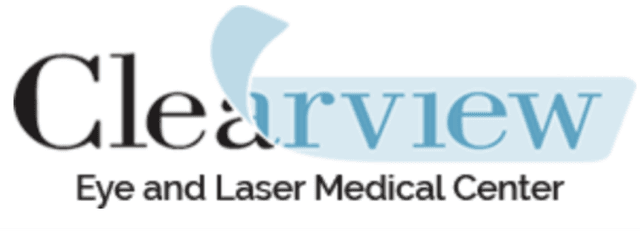
SAN DIEGO, CALIF (April 29th, 2015) - A quick search on the Internet these days reveals a significant amount of research suggesting that certain nutrients can help delay or prevent eye problems and eye diseases. Look further and you’ll likely find an equal number of claims about herbal supplements said to contain these nutrients. While this may be welcome news to those of us who don’t eat enough fruit, vegetables, and other nutrient-rich foods, health experts warn that many dietary and herbal supplements currently available on the U.S. market have not been thoroughly researched or tested in clinical studies. So what are consumers interested in alternative or “natural” health remedies to do?
“I urge my patients to consult a physician before using any form of dietary or herbal supplement,” says Sandy T. Feldman, MD, an award-winning San Diego-based physician who is considered one of the nation’s top ophthalmologists. “Supplements should be considered as exactly that, as a supplement to a decent, well-balanced diet, not a substitute for it. A poor diet with too much junk food can lead to many health issues, including vision problems.”
While the Food and Drug Administration (FDA) regulates dietary supplements - including herbal supplements - it treats them as food rather than as medication. Unlike drug manufacturers, the makers of supplements are not yet required to prove their products are safe or effective before selling them (although they do have to meet certain minimum standards).
Earlier this year, an investigation revealed that four national retailers - GNC, Target, Walmart, and Walgreens - were selling supplements that contained either little or none of the medicinal herbs advertised on their labels, or included cheap fillers and contaminants such as powdered rice, wheat, and even houseplants. Lawmakers are now urging tighter restrictions on manufacturer claims and more thorough testing, but until new legislation is passed, it is “buyer beware.”
Some herbal supplements commonly recommended for vision problems include:
“Given the lack of oversight and regulation in the supplement industry, it’s advisable to be wary of any claims made by the makers of these herbal products,” advises Dr. Feldman. “If you’re concerned about nutritional gaps caused by a less-than-optimal diet, speak with your eye doctor about what might be beneficial for you given your health history.”
Sandy T. Feldman, MD is the Medical Director of Clearview Eye & Laser Medical Center - voted best LASIK center in San Diego by CityBeat Magazine in 2013 - and has successfully performed more than 20,000 refractive procedures. Her numerous awards include “Top Doc San Diego” and the Goldline Award, an honor granted to only 10 laser eye care providers in the U.S. each year, and she has been profiled in Forbes, Newsweek, and other respected publications. Dr. Feldman is a fellow of the prestigious American College of Ophthalmic Surgeons, as well as a member of the American Academy of Ophthalmology and the American Society of Cataract and Refractive Surgery. For more information, please visit clearvieweyes.com.

Call Us: (858) 452-3937
8:30AM - 7:00 PM - Monday through Saturday (Saturday until 11:30AM)